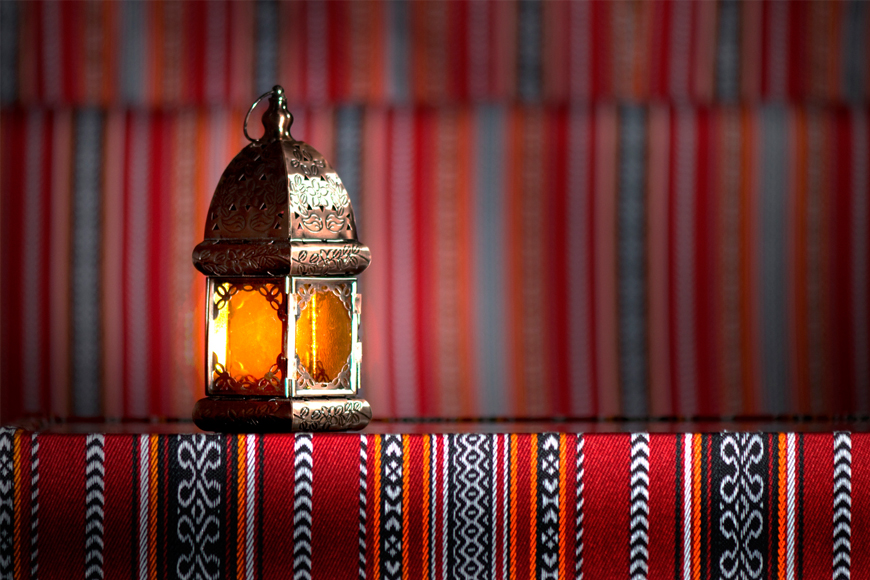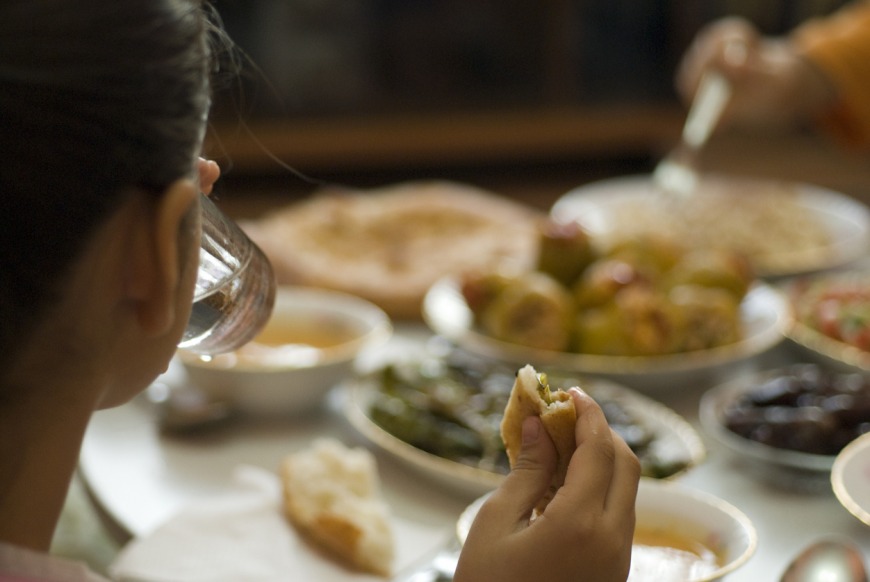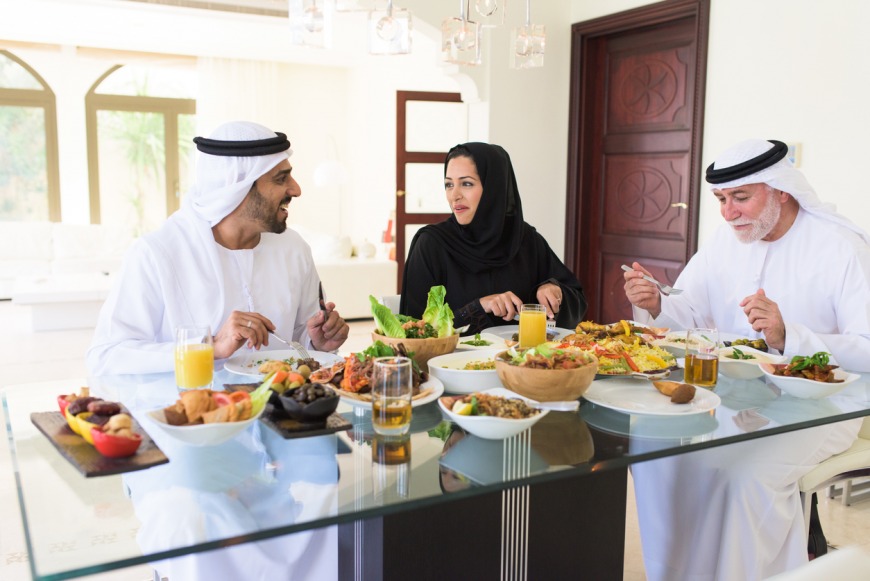6 Frequently Asked Questions About Ramadan
We're here to help you follow the rules of the Holy Month
14 May 2017

The Holy Month of Ramadan may be a first for many this year; with new expats moving the the Middle East, there will be many individuals who have not experienced the time before.
If you're one of them - first of all, don't panic. Ramadan is a month of self-reflection and unity for fasting Muslims.
For non-Muslims however, there are some things to be wary of to ensure you don't upset anyone around you. With these frequently asked questions and answers, you'll no doubt broaden your knowledge on the subject of the Holy Month.
1. First and foremost... Why do Muslims fast?
The Holy Month of Ramadan is one of the Five Pillars of Islam; basically, believed to be 'forced poverty', Muslims aim to unite and establish equality among people through abstaining from food and drink.
Plus, fasting is an exercise in self-restraint. It's seen as a way to physically and spiritually detoxify by kicking impulses like coffee, smoking and snacking, for example. It is a time for Muslims to detach from worldly pleasures, and focus on their prayers.
2. What are the benefits of fasting on the body?
Many people wonder if it's healthy to refrain from eating for such a long period of time - but it's important to point out, that fasting is not starvation. Skipping a meal or not eating in daylight hours is not starvation, but instead allows the body to detoxify itself.
The benefits of fasting include, but are not limited to; weight-loss, improvement on insulin sensitivity, speeding up the metabolism, improves hunger, improves eating patterns, improves brain functions, improves your immune system and also contributes to your own self-enlightenment. Not only that, but fasting can help clear your skin and prevent acne from appearing.

3. What's the difference between Iftar and Suhoor?
They are two very important elements of the Holy Month of Ramadan. Performing Iftar is an act that brings blessings for Muslims, and is the time of day when they break their fast as the sun sets.
Whereas Suhoor is the meal that is eaten prior to dawn, before the sun rises. Muslims must eat a healthy meal for Suhoor in order to remain in good health for the remainder of the day during the fast. It's vital that fasting Muslims do take Suhoor, as it can be difficult to last the full day until Iftar - with some possibly breaking their fast because of it.
4. Who has to fast, and who doesn't?
During the Holy Month of Ramadan, the following people are expected to follow the fasting if they are; a Muslim, a person of age, a healthy person, a person who is not travelling at that time, a woman who is not menstruating.
Ill people, a traveler, an elderly individual, a pregnant woman or a woman who is breast-feeding her child are exempt from fasting during the Holy Month.

5. Am I able to eat, drink and smoke in public during Ramadan?
No, during fasting hours, even non-Muslims are expected to follow the rules of fasting in public. You are absolutely allowed to eat, drink and smoke in private and out of sight of those fasting.
Across the UAE and GCC, there are places like malls and licensed restaurants who will remain open, but will cover their entry ways or black-out their windows out of respect of those fasting passing by.
If you work, your company are required by law to provide an eating-room for non-fasters away from those acknowledging the Holy Month of Ramadan.
6. How am I able to help my friends and co-workers who are fasting?
The only way to help them is by providing moral support, really. And refrain from eating, drinking and smoking in front of them at any time.
The first week or two is usually the most difficult for those observing Ramadan, and not drinking, eating or quitting smoking can have a big effect on some individuals who are fasting... So don't take offence if they don't wish to hang out with you before Iftar arrives.
It's extremely important for expats and non-fasters to be completely mindful of their fasting colleagues, peers or friends at all times throughout the Holy Month of Ramadan. Our advice? Take it as an opportunity to learn more about Islam as a religion and the practices Muslims follow.
- Tags:
- ramadan
- Suhoor
- iftar
- fasting
- healthy eating














